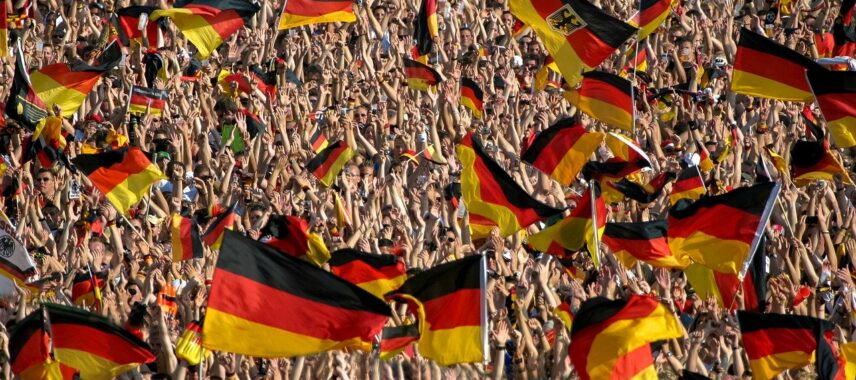The next UEFA European Championship is only three years away rather than the usual four, due to the postponement of Euro 2020 until this year. So, it is not too early to take a look at the venues that will be used at Euro 2024.
Where is Euro 2024 taking place?
As you are sure to know, this year’s Euro 2020 championship is being held at venues across Europe rather than within one host country. But the seventeenth edition of the Euro tournament will be held in Germany. The eyes of the world are currently on this year’s matches, of course; and if you want to find out all the latest news and odds, check out euro 2020 betting on Casumo. But it does no harm to start looking forward to Euro 2024. Ten venues have been chosen to host matches in Germany, and nine of those stadiums were used at the World Cup in 2006. Dusseldorf Arena is the additional one. It has yet to be confirmed which stadium will hold the final, but here are the ten venues being used at Euro 2024.
Stadion Köln
With a capacity of 46,922, the Stadium Cologne is one of the smallest venues being used. It is the home ground of 1. FC Köln and is also the regular venue for Germany’s Women’s cup final.
Veltins-Arena
Home to the 1997 UEFA Cup winners Schalke, Veltins-Arena, which was formerly called Arena AufSchalke, is located in the city of Gelsenkirchen. It can hold 49,471 spectators.
Düsseldorf Arena
The Düsseldorf Arena is the smallest of all the 2024 venues, with a capacity of 46,264. It is home to the Bundesliga team Fortuna Düsseldorf.
Olympiastadion
Berlin’s Olympiastadion is so-called because it was built for the 1936 Olympic Games. The stadium holds a special place in the heart of German football fans because it has hosted every German cup final since 1985. It is the largest of all the Euro 2024 stadiums, with a capacity of over 70,000.
BVB Stadion
Located in the city of Dortmund, BVB Stadion is one of the most recognised football stadiums in the world thanks to its Yellow Wall stand. With a capacity of over 60,000, it is one of the largest arenas being used in Euro 2024. The venue was originally built in 1974 to host the FIFA World Cup.
Football Arena Munich
Home of Bayern München, the Football Arena Munich opened in 2005. It has a capacity of 66,026 for international matches.
Frankfurt Stadion
Since it was built in 1925, Frankfurt Stadion has been a key venue in German sport. In addition to holding the opening ceremony of the 1974 FIFA World Cup, the stadium hosted the classic boxing match between Muhammad Ali and Karl Mildenberger in 1966, which Ali won. Frankfurt Stadion has a capacity of 48,057.
Arena Stuttgart
Formerly known as the Neckarstadion, Arena Stuttgart was originally built in 1933, although it has been renovated several times over the years. The venue is well known for staging games at the 1974 and 2006 FIFA World Cups as well as the 1988 Euro. Arena Stuttgart has a capacity of 50,998.
RB Arena
Leipzig’s RB Arena opened in 2004. It stands on the site of the Zentralstadion, which was the largest stadium in former East Germany. RB Arena is home to the Bundesliga team RB Leipzig. It has a capacity of 46,635.
Hamburg Arena
Formerly known as the Volksparkstadion, the Hamburg Arena first opened in 1953. It had a significant upgrade in 2000 when it was redeveloped to better suit the sport of football. It now has a capacity of around 50,000. The arena has previously hosted two FIFA World Cups and games of the 1988 Euro championship.

